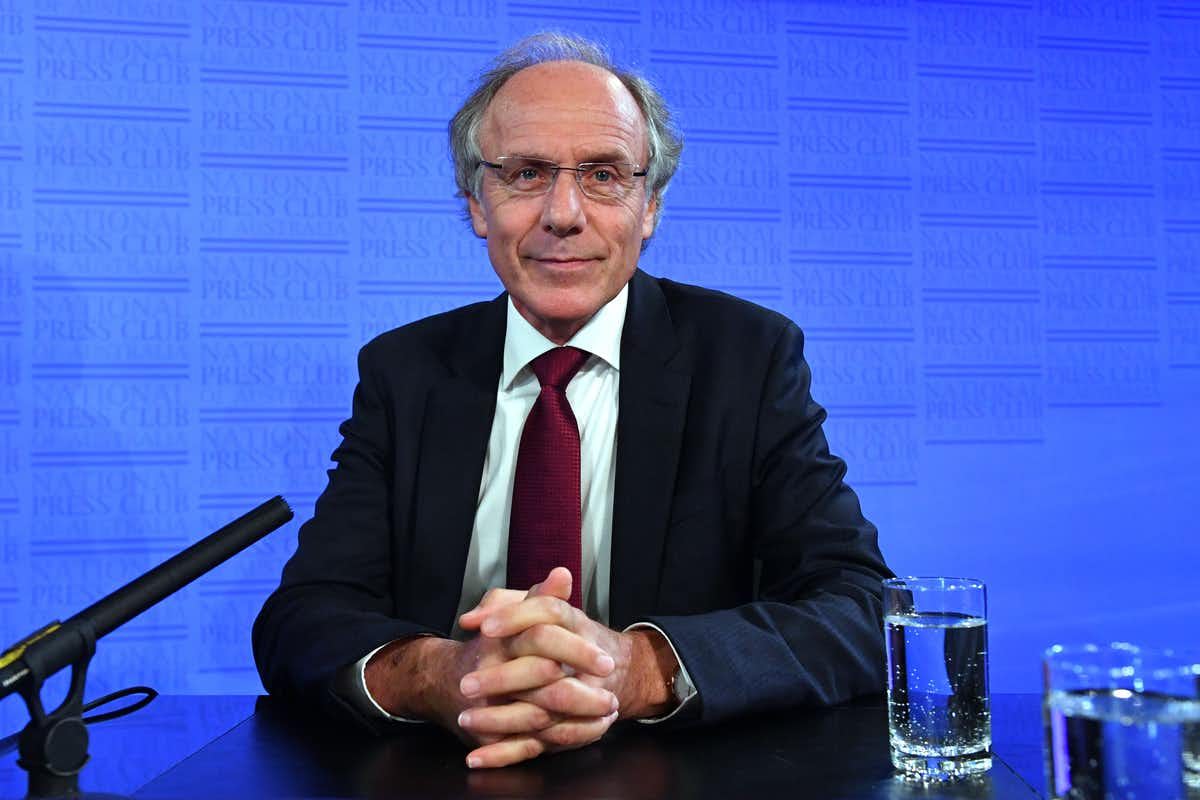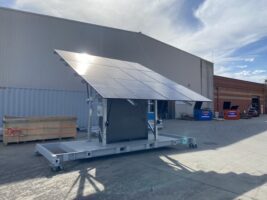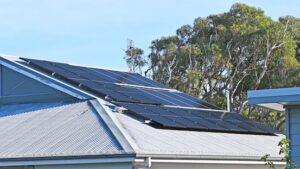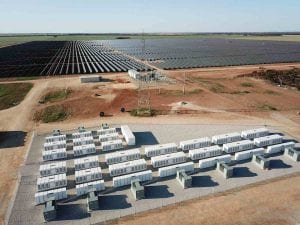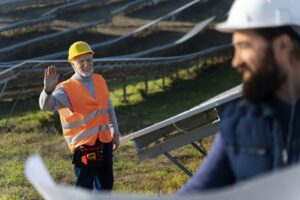Australia has no need to include nuclear power in its future energy mix as it moves to meet short and longer-term emissions reductions targets to combat climate change, Australia’s former chief scientist Alan Finkel has said.
In August, Australia’s opposition leader Peter Dutton called for an examination of the potential for next-generation nuclear technologies to contribute to national energy security and reduce power prices, saying it was “high time” for an “honest and informed debate on the benefits and costs of nuclear energy”.
However, despite considering it a “superb zero emissions generator”, Dr Alan Finkel, who is now special adviser to Australian government on low emissions technology, told a renewable energy conference this week that it was “hard to see” Australia going down the nuclear power route.
Finkel, who was appointed Chief Scientist in 2015 under the Coalition Turnbull government, was at the time considered to be a vocal advocate of nuclear power. Less than a year ago, he described nuclear power as “definitely worth investigating” for Australia, and called for national debate on the subject.
But in comments following a speech sponsored by the Australian Academy of Technological Sciences and Engineering on Wednesday, Finkel said any interest in nuclear power was “nowhere near the level to justify the government seriously considering it.”
Nuclear power production is banned nationwide under two main pieces of federal legislation—the Australian Radiation Protection and Nuclear Safety Act 1998 and the Environment Protection and Biodiversity Conservation Act 1999.
“Realistically, by the time you change the legislation, start investing, build the work force, find the right technology and go through all the regulatory hurdles… it’s hard to see any nuclear in Australia in less than 20 years,” Finkel says.
By that time, electricity generation will be almost entirely converted to solar and wind at a relatively low cost, according to Finkel.
“So you get to the economic argument of whether nuclear could compete,” he said. “It’s not hard to make the argument that we (Australia) don’t need nuclear,” Finkel says.
A greater reliance on nuclear-generated power was likely to occur in countries with high-density populations or ones that are landlocked and are less capable of harnessing solar and wind power, he said.
In such circumstances, construction of new nuclear reactors would likely come in the form of smaller, modular-type plants built in factories rather on site, he suggested.
In some parts of the world it is probable nuclear will play a significant role going forward, “but it’s hard to see it playing a role as significant as solar and wind and in some countries hydro electricity,” Finkel said.

